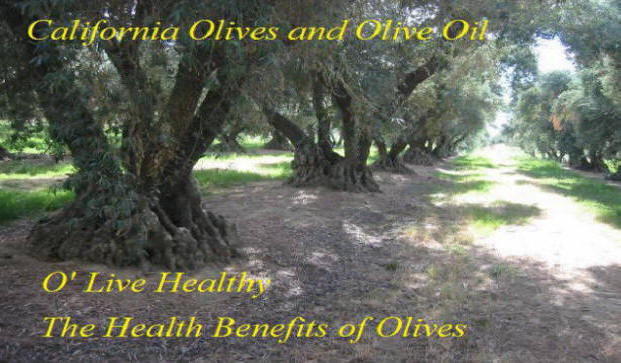
California Grown Olives and Olive Oil
O' Live Healthy
History of Olives

Poseidon and Athena
History of Olives
Olive culture has ancient roots, fossilized remains of the olive tree's ancestor were found near Livorno, in Italy, dating from twenty million years ago.
Beginning in 5000 B.C. and until 1400 B.C., olive cultivation spread from Crete to Syria, Palestine, and Israel; commercial networking and application of new knowledge then brought it to Southern Turkey, Cyprus, and Egypt. Until 1500 B.C., Greece—particularly Mycenae—was the area most heavily cultivated. Olive trees were planted in the entire Mediterranean basin under Roman rule. According to the historian Pliny, Italy had "excellent olive oil at reasonable prices" by the first century A.C. The belief that olive oil conferred strength and youth was widespread. In ancient Egypt, Greece, and Rome, it was infused with flowers and with grasses to produce both medicine and cosmetics. The olive tree and olive oil was used extensively in the ancient Greek Olympic games. The games peacefully brought together warring city states creating a break from their military campaigns.
Olive trees have an almost titanic resistance, a vital force which renders them nearly immortal. Ancient Athena, goddess of wisdom, was challenged by Poseidon to provide the later named city of Athens with the most useful divine gift. He produced warhorses, but Athena won with her creation, the olive tree a symbol of peace and prosperity.
There are many varietals of
olives and each yield
a particular oil with its own unique characteristics.
 Despite
harsh winters and burning summers, despite truncations, they continue to
grow, proud and strong reaching towards the sky, bearing fruit that
nourishes, heals inspires, amazes and assaults your senses.
Despite
harsh winters and burning summers, despite truncations, they continue to
grow, proud and strong reaching towards the sky, bearing fruit that
nourishes, heals inspires, amazes and assaults your senses.